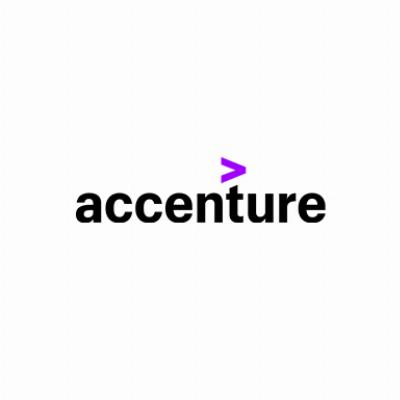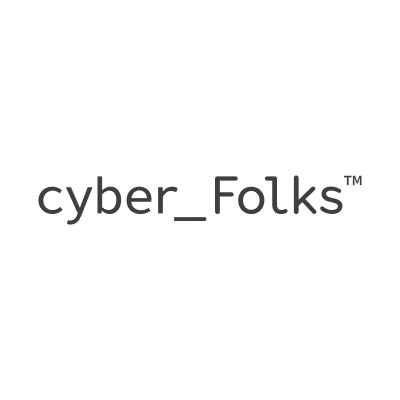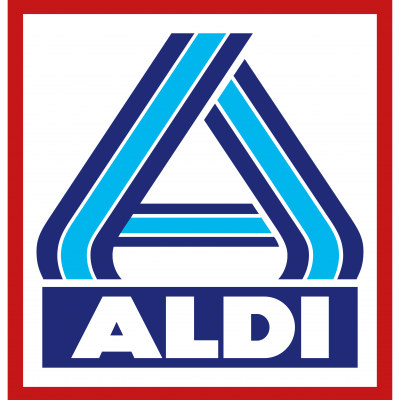Modern R: Infrastructure, Interfaces, and Ideas
First part:
Building an R API for Randomization: Challenges and Insights from ‘Unbiased’
Speaker: Kamil Sijko, Transition Technologies Science
How far can you push R when building a production-grade API? In this talk, I’ll share the journey of creating Unbiased, an API designed for patient randomization in clinical trials. While it’s built in R using Plumber, making it robust, validated, and developer-friendly posed several challenges.
I’ll cover key technical aspects, including:
- Validating a randomization algorithm in R – when multiple agents are involved, standard testing approaches fall short.
- Scaling an R-based API – tuning performance, Dockerizing, and making it production-ready.
- Developer-first approach – why we designed Unbiased for external developers, not just R users.
- Open source in a commercial setting – lessons learned from making a company-backed tool open to the community.
- Feedback from real-world use – what we learned and what’s next.
Whether you’re an R developer, data scientist, or someone interested in API development, this session will offer practical insights and challenges from taking R beyond data analysis and into production.
Join us for a discussion on what works, what doesn’t, and where R shines (or struggles) in real-world API development!
Second part:
Fresh Air in R: New Tools, Smarter Workflows, and What’s Emerging
Speaker: Tymoteusz Makowski, Appsilon
Join us for a fast-paced overview of what’s brewing in the R ecosystem — from brand new tools like {air} (a blazing-fast code formatter), {ark} (a new R kernel for Jupyter), and {treesitter} (enabling syntax-aware tooling), to reliable but underused helpers like rig (for managing R versions), {box} (modular code), and pre-commit hooks for better project hygiene.
We’ll also touch on how experimental packages like {gander} and {ellmer} explore the intersection of R and AI — from code introspection to language models. Finally, we’ll hint at what’s starting to stir around observability and diagnostics — an area where early activity suggests R may soon be part of the broader telemetry conversation.
Expect practical context, working links, and space for questions. This won’t be a tutorial — it’s a glimpse of where things are moving.






